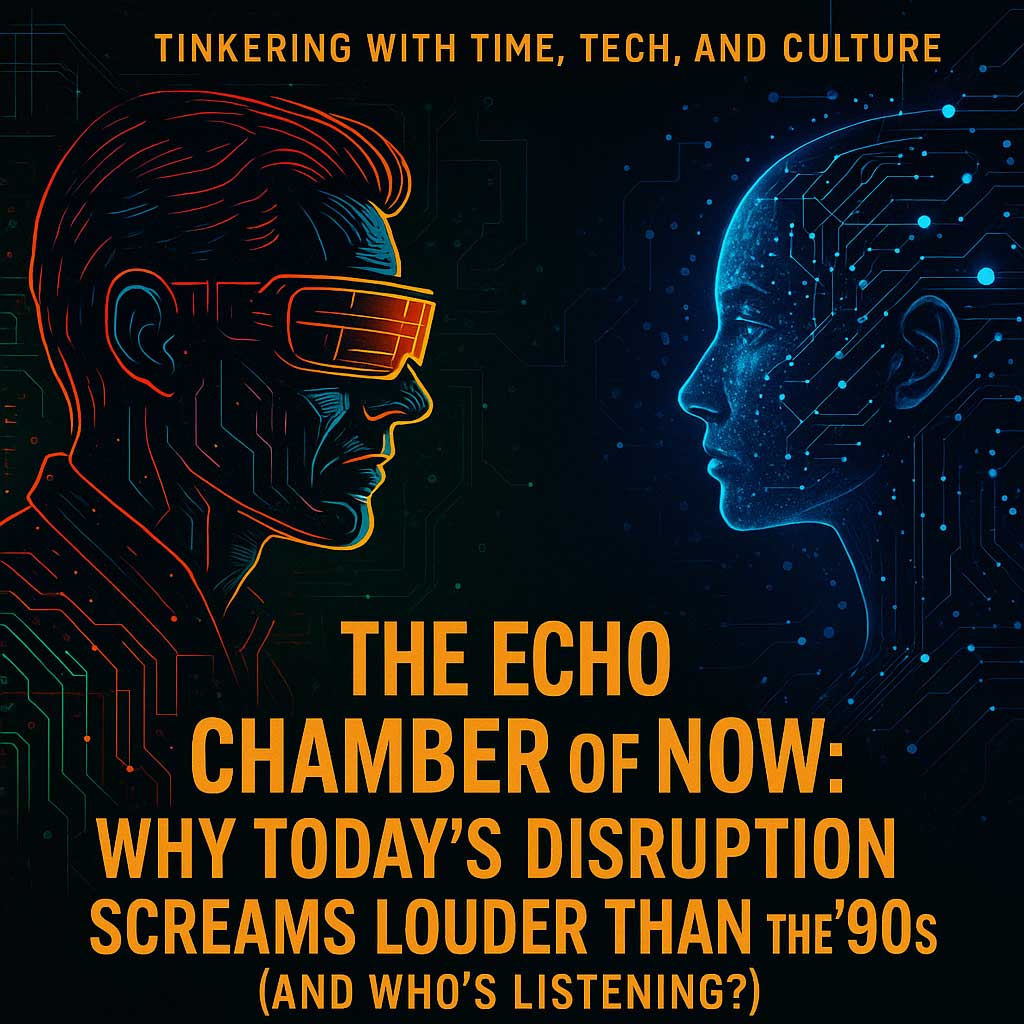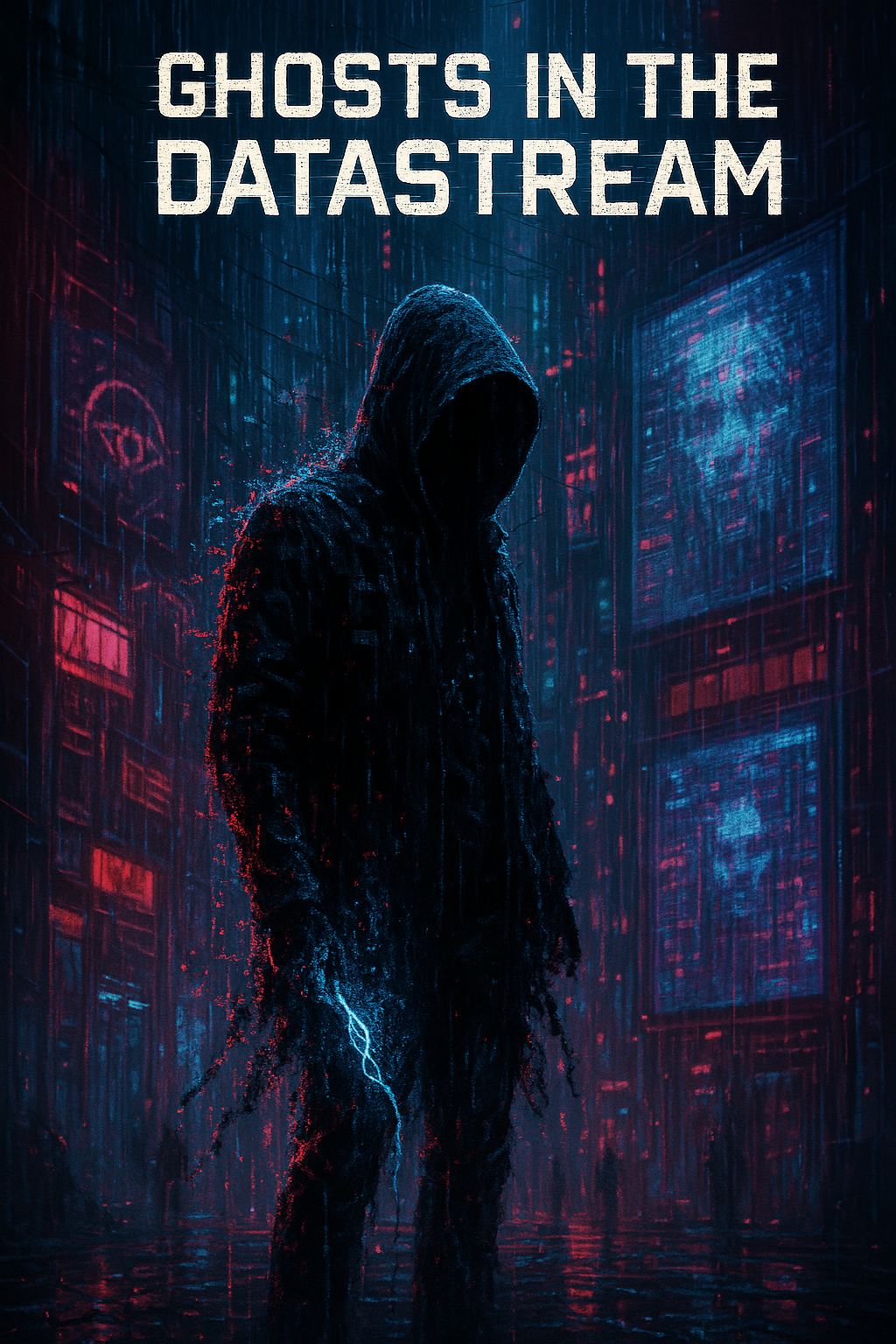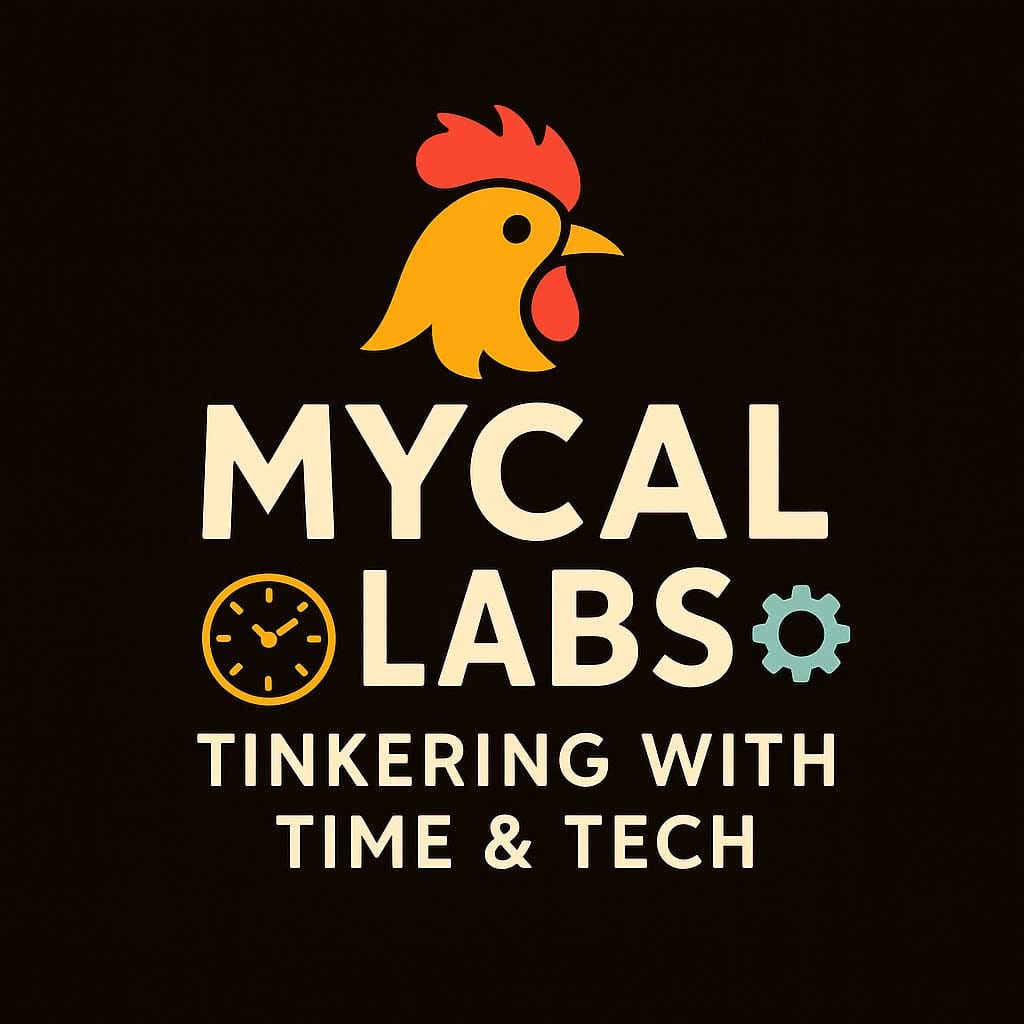The Echo Chamber of Now: Why Today's Disruption Screams Louder Than the '90s (And Who's Listening?)
In the ‘90s, we fought with dial-up and defied surveillance with math. Now, in an AI-driven reality war, the echoes of early internet freedom are louder than ever. This isn't just a tech shift—it’s a rewrite of reality. From Crypto Wars to generative AI, it’s all back.

Tinkering with Time, Tech, and Culture #4

Stepping back into the digital ether, one of the first ghosts to flicker into my peripheral vision was the memory of a pivotal moment—what I once called The September That Never Ended. It reminded me just how foundational those echoes are, and why what the Internet was still matters. Maybe more than ever.
The ’90s. Yeah, we thought that was disruptive. And it was. We had the Internet, raw and untamed.
We had the Crypto Wars — ideological firefights fought in the trenches of sci.crypto, where mathematicians and freedom fighters clashed with government goons peddling the Clipper Chip.
While the NSA pushed Clipper with escrowed keys and classified algorithms, Zimmermann dropped PGP like a digital Molotov — end-to-end encryption for the people, no backdoors, no permission.
Strong crypto was literally classified as a munition.
This was regulation vs. freedom, plain and visible.
And the culture? It was alive.
We had Future Culture mailing lists pumping pure thought.
We had Mondo 2000 screaming from coffee tables about cyberpunks, smart drugs, and man-machine fusion.
These were the digital salons — decentralized, pseudonymous, fueled by obsession.
We soldered the tools. We hand-coded the protocols.
We slow-dialed into new worlds over SLIP lines and bleeding-edge Linux boxes running kernel 0.99.7.
Information wanted to be free — and we believed it.
The weirdos were in control, or at least, they were the architects.
But now?
That echo isn't a whisper. It’s a roar.
This AI renaissance isn’t just another shift — it’s a rewrite of reality itself.
Louder. Faster.
And the stakes? Existential.
The tools aren’t rare anymore.
Back then, “hackers carved freedom from static air” because the hardware was clunky, the software obtuse, and the knowledge tribal.
A 4.5MB Netscape download over a 14.4K modem was a weekend victory.
Now? Generative power hums in your pocket.
The game’s not just gone wide — it’s gone global.
It’s in your house, your ears, your fridge.
And that's where the echo becomes a scream — not just of promise, but of peril.
“The crowd might still be asleep on the data tide,” I sang in a recent Suno track.
They “don’t care how the circuits hum, or who pulls strings ‘til the world goes numb.”
But the strings now?
They’re not just TCP/IP headers or ad funnels.
They’re woven into perception itself.
They guide what you see, what you believe, who you trust.
This isn’t just about money anymore — though plenty is being minted by those who own the models.
This is about power.
It’s about a new hierarchy, one based not on bandwidth or code, but on who understands the black box — and who doesn't.
Who wields the models — and who gets modeled.
In the ’90s, the threat wore a badge. The Clipper Chip. The CDA. Surveillance with a file number and a chain of command.
Now? Power smiles from a profile photo, rewrites policy in back rooms, and throttles dissent with terms of service.
They don’t need to ban you — they just unlist you.
Don’t need to break the system — they are the system.
Regulation’s not the weapon; it’s the UI. One more dial to tune.
The fight moved — from server rooms to Senate floors, sure. But also deeper:
Into your feed. Your memory. Your sense of real.
And the stakes?
They’re no longer just whether your email is private or your posts get deleted.
They’re about whether you control your identity, your past, your present —
or whether all of that is shaped invisibly, constantly, by someone else’s algorithm.
And if you don’t know who’s training the model — odds are, it’s training you.
The ghosts in the datastream aren’t just warding off creepy advertisers anymore.
They’re fighting shape-shifting AIs that generate your feed, create your friends, and rewrite your beliefs — before you even know they’ve changed.
But here’s the thing:
The weird kids with soldering irons and ethics?
We still have a shot.
Because understanding the system is still the first step to bending it.
And if we don’t?
If we just swipe past the warnings and sink into the smoothness of the feed?
Then the interface won’t just take our data.
It’ll define what it means to be human.
We’ve got work to do.
